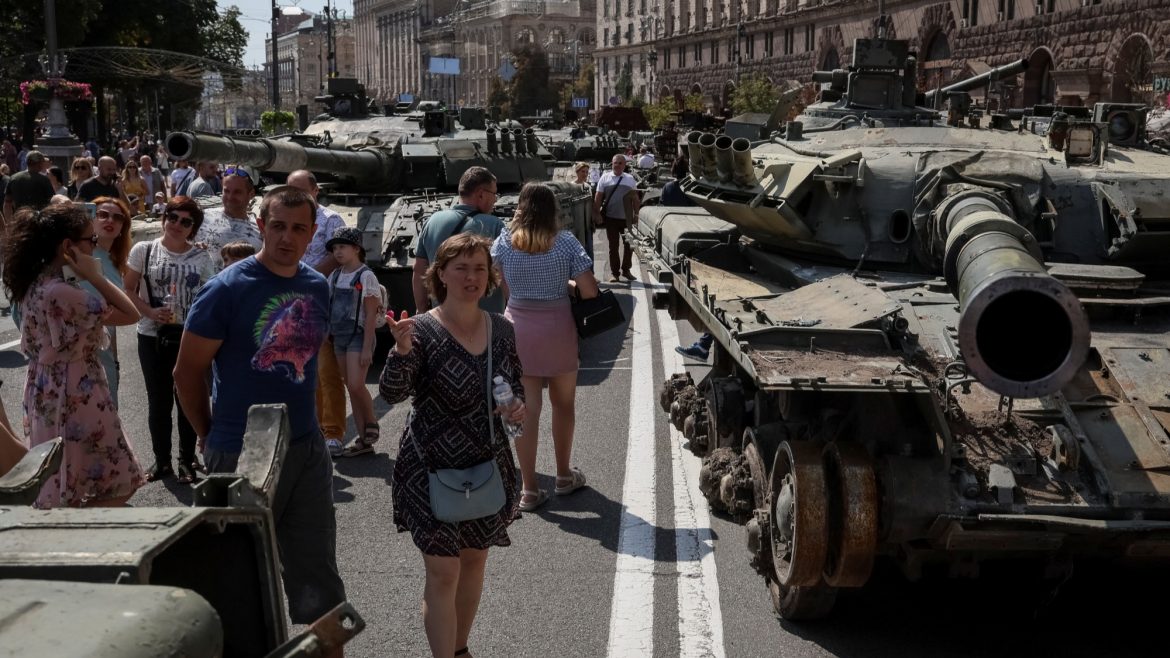A new research has revealed that the climate cost of the first two years of Russia’s war on Ukraine was greater than the annual greenhouse gas emissions generated individually by 175 countries, exacerbating the global climate emergency in addition to the mounting death toll and widespread destruction.
According to available data, Russia’s invasion has generated at least 175m tonnes of carbon dioxide equivalent (tCO2e), amid a surge in emissions from direct warfare, landscape fires, rerouted flights, forced migration and leaks caused by military attacks on fossil fuel infrastructure – as well as the future carbon cost of reconstruction, according to the most comprehensive analysis ever of conflict-driven climate impacts.
The 175m tonnes includes carbon dioxide, nitrous oxide and sulphur hexafluoride (SF6), the most potent of all greenhouse gases. This is on a par with running 90m petrol cars for an entire year – and more than the total emissions generated individually by countries including the Netherlands, Venezuela and Kuwait in 2022.
Governments have historically accounted poorly for the climate cost of war – and of the military industrial complex more broadly. Official data is extremely patchy or nonexistent due to military secrecy, and there is limited frontline access for researchers. The economic cost of the greenhouse gases, which will have global consequences, is even less well understood.
Read also: Sanwo-Olu seeks increased funding to mitigate climate change
But according to the new report by the Initiative on Greenhouse Gas Accounting of War (IGGAW) – a research collective partly funded by the German and Swedish governments, and the European Climate Foundation – the Russian Federation faces a $32bn (£25bn) climate reparations bill from its first 24 months of war.
The UN general assembly has said that Russia should compensate Ukraine for the war, leading the Council of Europe to establish a registry of damage, which will include climate emissions. Frozen Russian assets could be used to settle the costs. The reparations estimate draws on a recent peer-reviewed study that calculated the social cost of carbon as $185 for every ton of greenhouse gas emissions.
The IGGAW lead author, Lennard de Klerk, said: “Russia is harming Ukraine but also our climate. This ‘conflict carbon’ is sizeable and will be felt globally. The Russian Federation should be made to pay for this, a debt it owes Ukraine and countries in the global south that will suffer most from climate damage.”’
Story was adapted from the Guardian.
